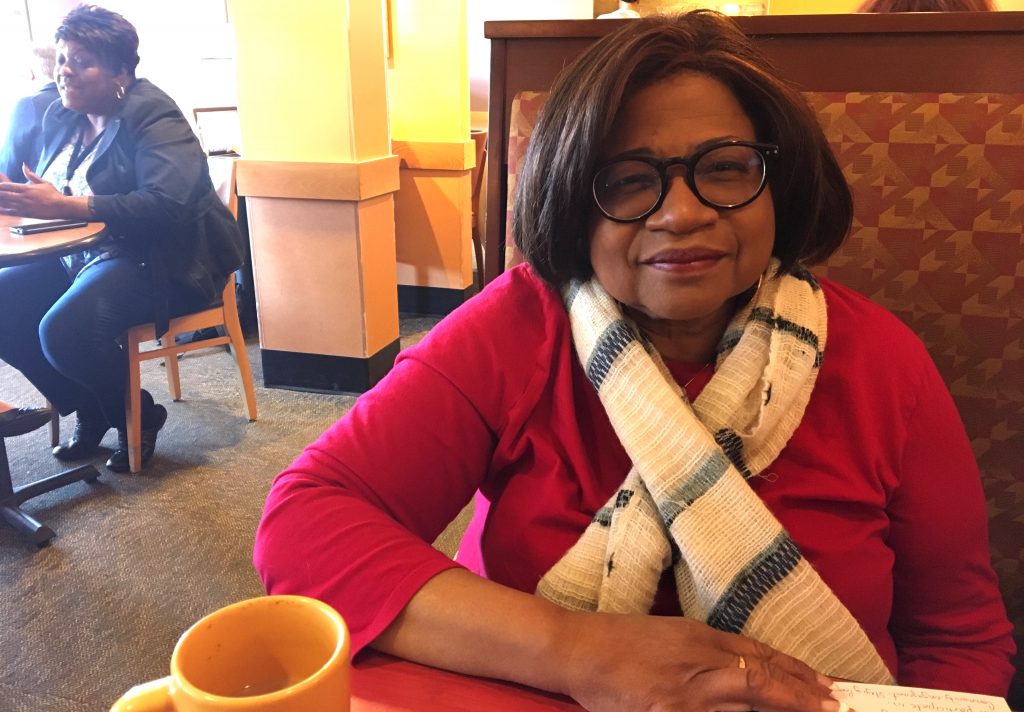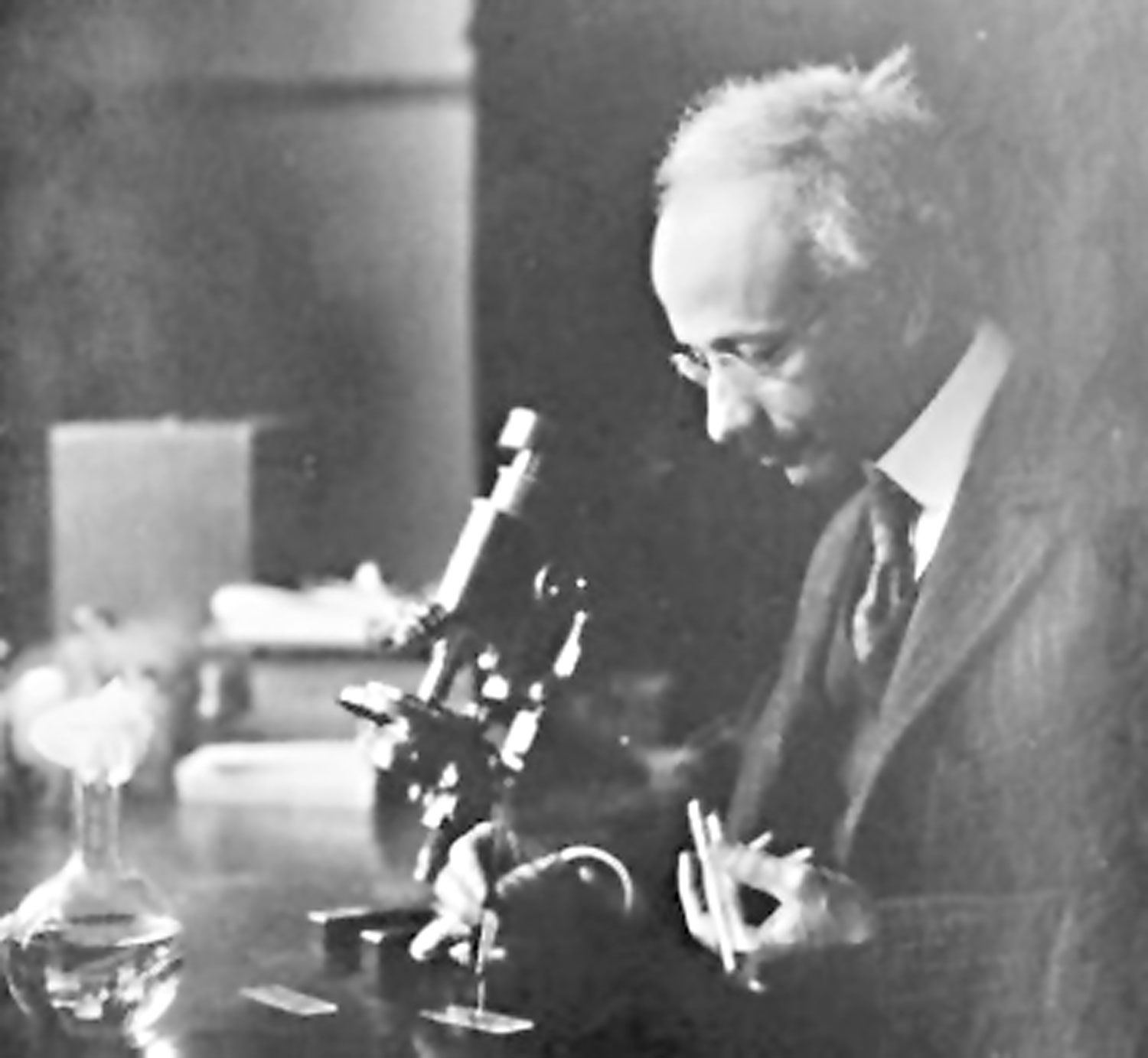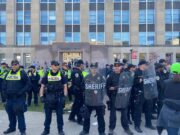The Alzheimer’s Association has identified the silent epidemic of Alzheimer’s Disease as an emerging public health crisis among African Americans diseases. Studies show that older African Americans — for genetic, biological and socioeconomic reasons — are almost twice as likely as whites to develop Alzheimer’s disease.
Barbara McKinney. the diversity coordinator for Alzheimer’s & Dementia Alliance of Wisconsin, had a dear friend that was diagnosed with Alzheimer’s.

(Photo by David Dahmer)
“One of the hardest things is to see her rapid deterioration caused by isolation,” McKinney tells Madison365. “I am very clear about the importance of the Solomon Carter Fuller event in just understanding what Alzheimer’s and Dementia is. In our community — in the Black community — we just used to call it ‘aging.’ ‘Oh, that’s what getting old is.’ But we really want to eliminate the stigma of what is memory loss and what is Alzheimer’s and be able to talk about it in a safe place … that’s so critically important.”
The 11th annual Solomon Carter Fuller Virtual Brain Health Celebration will be held on Friday and Saturday, Oct. 22 and 23. The Solomon Carter Fuller event is held each year to build awareness of Alzheimer’s disease in the African American community. The event is named in honor of Dr. Solomon Carter Fuller, a pioneering African American scientist who made significant contributions to the study of Alzheimer’s disease.

“Yes, this is the 11th year and it all started in 2010 with the first Solomon Carter Fuller event,” McKinney says. “When Charlie Daniel first conceived of the idea, it really was for Black history. Dr. Solomon Carter Fuller was, of course, involved with Dr. Alzheimer when he identified Alzheimer’s disease, which is named for him.
“Charlie wanted this to be a part of Black history and she realized that there was a lack of understanding and education in the Black community about Alzheimer’s and dementia,” adds McKinney, who took over the role of diversity program coordinator for the Alzheimer’s and Dementia Alliance of Wisconsin from Daniel. “That first event in 2010 was at a Black church. It was at Mt. Zion Baptist Church.”
Last year’s Solomon Carter Fuller Brain Health Celebration was canceled because of the COVID-19 pandemic. With the pandemic still in mind, this upcoming weekend’s Solomon Carter Fuller Virtual Brain Health Celebration will be a virtual event. “That’s a new undertaking for us – being virtual. This has always been an in-person event,” McKinney says. “But we think it’s still going to be a great event.”
It will officially kick off on Friday, Oct. 22, 6 p.m., with a Virtual Candlelit Evening of Remembrance: In Honor & Memory of Loved Ones.
“We are going to launch this Solomon Carter Fuller event by remembering loved ones and friends who have gone through the journey and who we have lost to Alzheimer’s and dementia,” McKinney says. “We are going to read their names and remember them … that is so powerful for the survivors. We are asking people as they register if they would like to include a name of a loved one or friend that they’ve lost to Alzheimer’s.”
Dr. Joann Pritchett will be the master of ceremonies for Saturday’s event. Host pastor Rev. Marcus Allen of Mt. Zion Church will give the opening prayer and Bobby Moore and Theresa Sanders, co-chairs of the African American Community Advisory Board (CAB), will give the greeting.
The keynote speaker for this event will be Dr. Peggye Dilworth-Anderson, professor of Health Policy & Management at the Gillings School of Global Public Health at the University of North Carolina-Chapel Hill. Her topic will be “My Story, Your Story: Sharing the Dementia Caregiver’s Journey”.
“I think that this is going to be amazing because she is a researcher who has done a lot of studying in how research comes into the Black community,” McKinney says. “She will be talking about her first-hand experience of a journey of a caregiver. She has done some spectacular work.”
Dilworth-Anderson’s research focus is on health disparities and Alzheimer’s disease with an emphasis on building knowledge for the scientific and lay community to inform conducting culturally relevant research and disseminating information about Alzheimer’s disease and related disorders in medically underserved diverse populations.
The event will also be a chance to honor Dr. Dorothy Edwards and Charlie Daniel with Trailblazer Recognition Awards.

“Both of them were trailblazers in bringing in the Solomon Carter Fuller event,” McKinney says. “They were supposed to be recognized at last year’s event but we couldn’t because of the pandemic, so we found it very fitting that this year we would just pause and say, ‘thank you’ to Dr. Edwards and Ms. Charlie for being the trailblazers they are.”
On Saturday morning there will also be a Caregiver Support Panel titled “challenging conversations about the dementia caregiver’s journey.” The moderator will be Deana Wright, Diversity & Inclusion Manager for NewBridge-Madison. Panelists will include Jessi Evans, Al Chablis, Fatou Ceesay, Carola Gaines, Dr. Corinda Rainey-Moore, Dr. Shenikqua Bouges.
“When you look at Alzheimer’s and dementia in our community, it’s two to three times more prevalent than it is among the white community,” McKinney says. “So this is an important event. And we’re going to talk about what Alzheimer’s is and what dementia is … what does it look like? We’re going to put it out front and have that educational component. We are going to provide people with information, but we’re also going to be celebrating. We’re going to have dance, songs, poems.”
Both events are free and open to the public.
For additional information about the 11th annual Solomon Carter Fuller Virtual Brain Health Celebration, contact Barbara McKinney, ADAW Diversity Program Coordinator at [email protected] or 608-232-3400, ext 102.




























